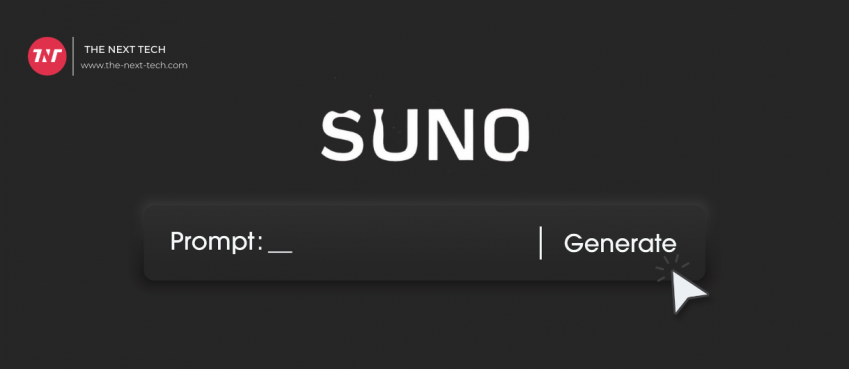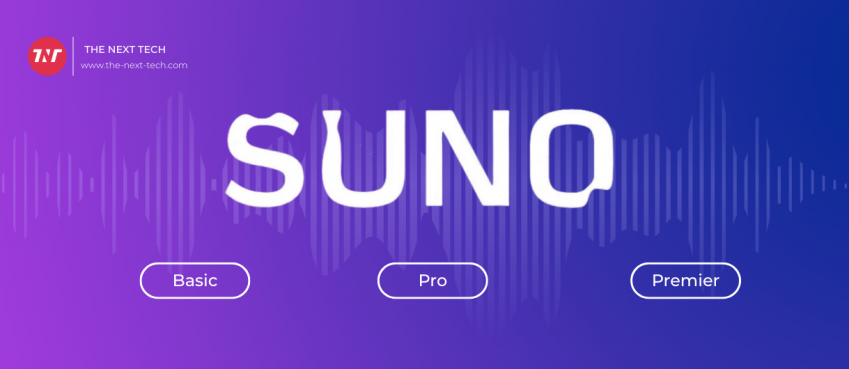
Link building is one of the most crucial aspects of search engine optimization (SEO). It is the process of acquiring links from other websites that point to your own website. Link building is essential to improve your website’s search engine rankings and drive traffic to your site. However, not all links are created equal. Some links are good for link building, while others are not worth using. In this blog post, we will discuss understanding which links are good for link building and which are not worth using.
Good Links vs. Bad Links:
Not all links are created equal. Some links are good for link building, while others are not worth using. Good links are links from high-quality websites that are relevant to your website’s content. These links are also called “natural links” because they are acquired organically, without any effort on your part. For example, if you run a website that sells bicycles, a link from a reputable cycling blog would be a good link for your website.
On the other hand, bad links are links from low-quality websites that have nothing to do with your website’s content. These links are also called “spammy links” because they are usually acquired through manipulative tactics such as link schemes or paid links. For example, if you run a website that sells bicycles, a link from a gambling website would be a bad link for your website.
How to Understand Which Links are Good for Link Building:
Authority (Weight, PageRank) of A Particular Page
Be sure to check the PageRank of the web page you are linking to. High PR still affects rankings. This means that backlinks from authoritative resources will give your site weight.
“Ahrefs” allows you to check PageRating, which is similar to PageRank. To do this, simply enter the URL of the desired page and check the URL Rating.
The quality index is determined by considering the level of trust in the site by search engines and users, the degree of satisfaction of engines and users, the size of the site’s audience, and other criteria.
Also read: How To Refinance Student Loans? Top Companies List + FAQsAuthority (Weight) of The Site as A Whole
The second factor to consider when evaluating a link is authority. A link is considered good for link building if it is from a website with high authority in search engines’ eyes. Authority is determined by factors such as the number of high-quality links pointing to a website, the age of the domain, and the quality of the website’s content.
For example, a link from a website that has been around for ten years and has hundreds of high-quality links pointing to it would be more authoritative than a link from a website that has been around for one year and has only a few low-quality links pointing to it.
Site Relevance
Pay attention to the relevance of the site where you want to place an external link for link building.
Suppose your project is about healthy eating. At the same time, you placed a backlink on a site about cars. Will it be taken into account when ranking?
Obviously, a backlink from an influential platform similar in theme to your site would be ideal. For example, if you run a website that sells bicycles, a link from a cycling blog would be more relevant than a link from a cooking blog.
Link Location on The Page
Where is the backlink located – in the content or in the footer? This matters too. The fact is that the links in the sidebars and footer are significantly inferior to those located in the main content of the web page.
Is This an Editorial Link?
Editorial links are placed by webmasters/editors of the resource (it doesn’t matter where exactly). If you have them, then someone thinks your project is really useful.
Another option is your own backlink: you register on a third-party site and post it yourself (in your profile, comments, or elsewhere).
Keep in mind that editorial links are of great value to Google.
Anchor Text
We are talking about the text (clickable) part of the link for link building. For Google, anchor text is one of the ranking signals.
Suppose you have placed a backlink to your project with the anchor “vitamin shakes”. At the sight of this text, the search engine thinks: “So, so. Apparently, the resource links to a page about vitamin cocktails.
Please note: too many keywords in the anchor may be mistaken for over spam.
It is better to place a link with one key than with several.
Also read: Top 10 Best Software Companies in IndiaText Environment (Context) of The Link
This refers to the phrases and words that are located around the link for link building. Most likely, search engines take them for additional anchor text. This is quite logical since the text around the link also reflects the theme of the web page.
Guest Post
A few years ago, Google stated:
“Guest blogging died because it became too spammy. Deal with it.” (Matt Cutts, former head of anti-search spam specialists)
But is it really so?
It turns out not always.
Markers with which the search engine determines the post as spam:
- the resource is irrelevant to your topic;
- the material is useless for the reader and contains a lot of advertising (there is a
- the opinion that the post is paid);
- the site consists entirely of guest posts;
- the text contains an anchor with a key in direct occurrence.
However, experienced marketers confirm that publishing a good guest post on an authoritative, relevant website can improve the position of the target site. If you want professionals to guest post on your behalf, click here. Professional link-building service providers will consider all criteria and provide quality links.
Nofollow vs Dofollow
rel=”nofollow” is a link tag that tells search engines that it does not need to be taken into account (does not need to be indexed).
From the point of view of SEO optimization, you should first build up “normal” do-follow links.
Although you should not limit yourself to them because search engines value link diversity more in link building (it looks much more natural).
Therefore, do not rush to dismiss various reviewers, Q&A services like Answers and Quora, social networks, etc. Remember that links contribute to SEO promotion and bring relevant traffic.
Conclusion
Link building is crucial to search engine optimization, but not all links are created equal. Good links are links from high-quality websites relevant to your website’s content, have high authority, include relevant anchor text, drive traffic to your website, and are diverse, trustworthy, and placed in a relevant context. Bad links are links from low-quality websites that have nothing to do with your website’s content and are usually acquired through manipulative tactics such as link schemes or paid links. Understanding which links are good for link building and which are not worth using is essential to improve your website’s search engine rankings and drive traffic. By following the factors we’ve discussed in this blog post, you can ensure that you acquire high-quality links that will benefit your website in the long term.
Top 10 News
-
01
[10 BEST] AI Influencer Generator Apps Trending Right Now
Monday March 17, 2025
-
02
The 10 Best Companies Providing Electric Fencing For Busines...
Tuesday March 11, 2025
-
03
Top 10 Social Security Fairness Act Benefits In 2025
Wednesday March 5, 2025
-
04
Top 10 AI Infrastructure Companies In The World
Tuesday February 11, 2025
-
05
What Are Top 10 Blood Thinners To Minimize Heart Disease?
Wednesday January 22, 2025
-
06
10 Top-Rated AI Hugging Video Generator (Turn Images Into Ki...
Monday December 23, 2024
-
07
10 Top-Rated Face Swap AI Tools (Swap Photo & Video Ins...
Friday December 20, 2024
-
08
10 Exciting iPhone 16 Features You Can Try Right Now
Tuesday November 19, 2024
-
09
10 Best Anatomy Apps For Physiologist Beginners
Tuesday November 12, 2024
-
10
Top 10 Websites And Apps Like Thumbtack
Tuesday November 5, 2024







